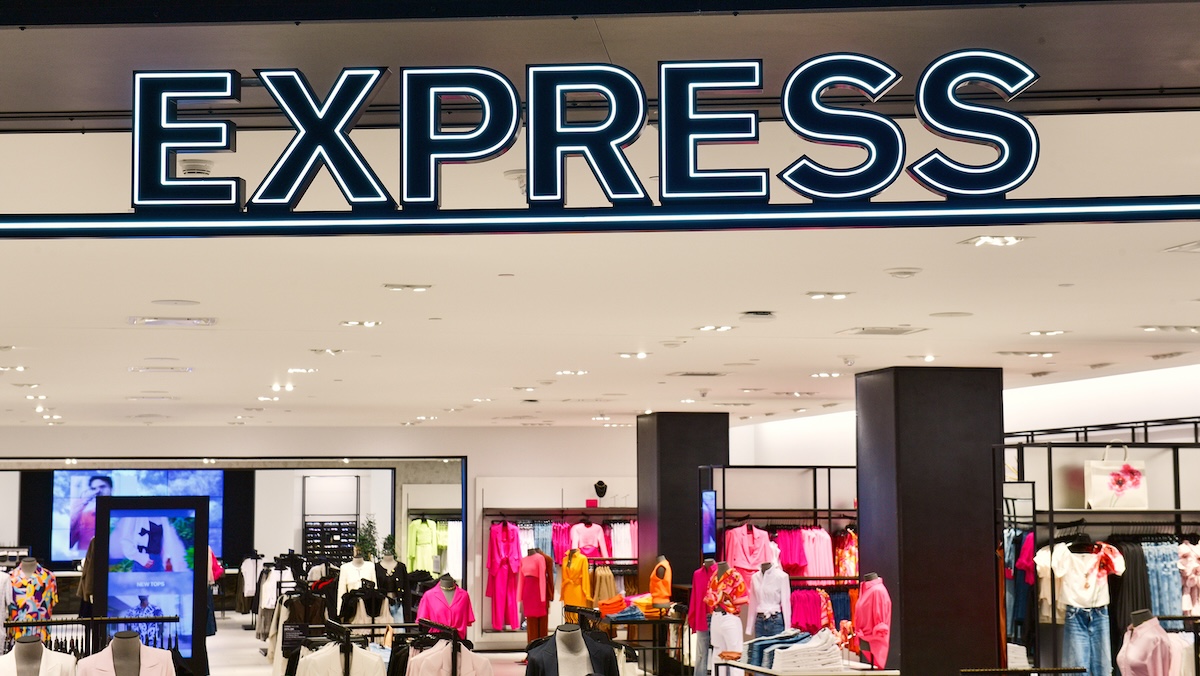Wall Street ended a wild session with its best showing of the week after investors went in search of bargains among stocks devastated by seven days of massive losses.
The hair-trigger mentality of the market was evident from the opening bell.
The Dow fell nearly 700 points in the first 15 minutes, recovered to an advance of more than 100 before the first hour was over, then turned sharply lower again - before bouncing almost all the way back at the end of the day.
By the time the market closed, the Dow was down only 126 points, a relataively mild drop after the blue chips fell 2,271 during the previous eight trading days.
At its low point Friday, the Dow was down 696 at 7,882.51, just 60 points above its low in Wall Street's last bear market, 7,286.27, reached Oct. 9, 2002.
"Fear has been running rampant all over the Street. Fear and greed, that's what rules the Street. I think the carcass has been stripped to the bone," said Dave Henderson, a floor trader on the New York Stock Exchange for Raven Securities Corp.
"The mood, it swings with the market. When we went positive, the euphoria down there was awesome. It's like at a football game," he said.
Business
Through Thursday, the Dow lost 2,271 points, suffering its worst seven-day point drop. Its percentage decline of 20.9 percent over that stretch is the largest since the seven-day plunge ending Oct. 26, 1987, when the Dow lost 23.8 percent. That sell-off included Black Monday, the Oct. 19, 1987 market crash that saw the Dow fall 22.6 percent in a single day.
By comparison, during the first week of trading after the Sept. 11, 2001, terror attacks, the Dow lost 1,369.70, or 14.26 percent. But during the eight trading days following the attack, the decline came to 1,038.12, or 10.8 percent, as buyers returned to the market.
Jack Ablin, chief investment officer at Harris Private Bank, said some investors are fearful of placing bets before the market shakes out for fear they will exacerbate their losses.
"You don't want to get hit by a train," he said. "This is now about market psychology. There's extreme fear and panic out there."



